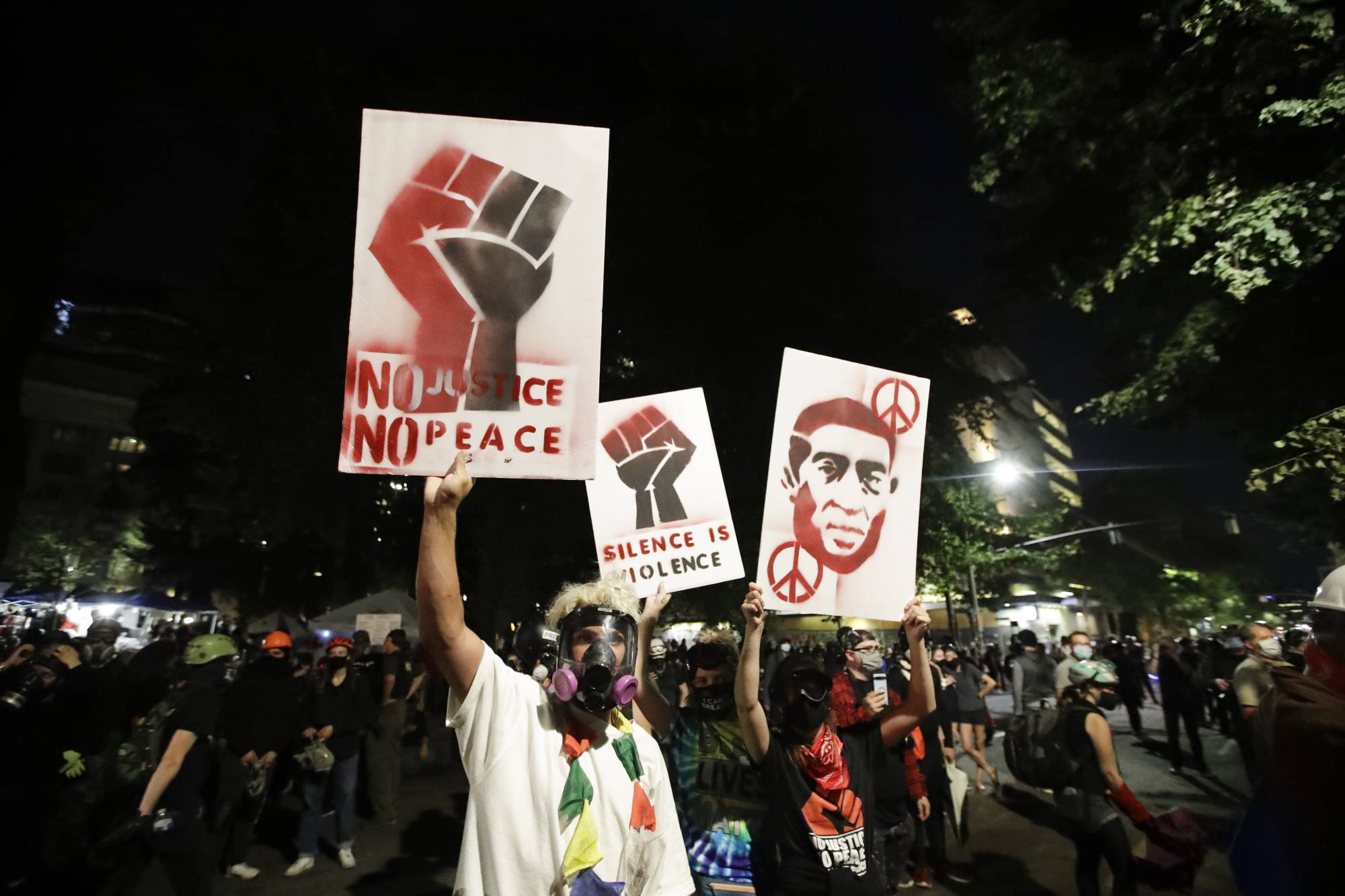Kishore Mahbubani delights in provocation. Read no further than the title of his books — “Can Asians Think?”, “Has the West Lost it?” or “Has China Won?” — for blood pressures to rise and sputtering to commence. Yet there is no mistaking the former Singaporean diplomat’s smarts. He is thoughtful, well informed and well traveled; even if you disagree with him — and there is lots to dispute — reading his work is well worth the time.
Mahbubani begins his newest book “Has China Won?” with a hypothetical “Memo to Xi Jinping on preparing for the Great Struggle with America.” In it, he identifies five “strategic advantages” that the United States enjoys in any superpower competition with China. They are: a sense of individual empowerment, access to the world’s best and brightest through liberal immigration policies, strong institutions and the rule of law, the best universities (which attract the best talent), and being part of the rich tradition of Western civilization. Note that he doesn’t list the formidable U.S. military, or any of the country’s other material advantages. Mahbubani most values the intangibles.
Some call this “soft power” — the ability of the U.S. to lead by the persuasive power of the values it espouses. It elicits the image of the U.S. as a “Shining City on the Hill,” an example for other nations — and a notion honored increasingly often in the breach.



















With your current subscription plan you can comment on stories. However, before writing your first comment, please create a display name in the Profile section of your subscriber account page.